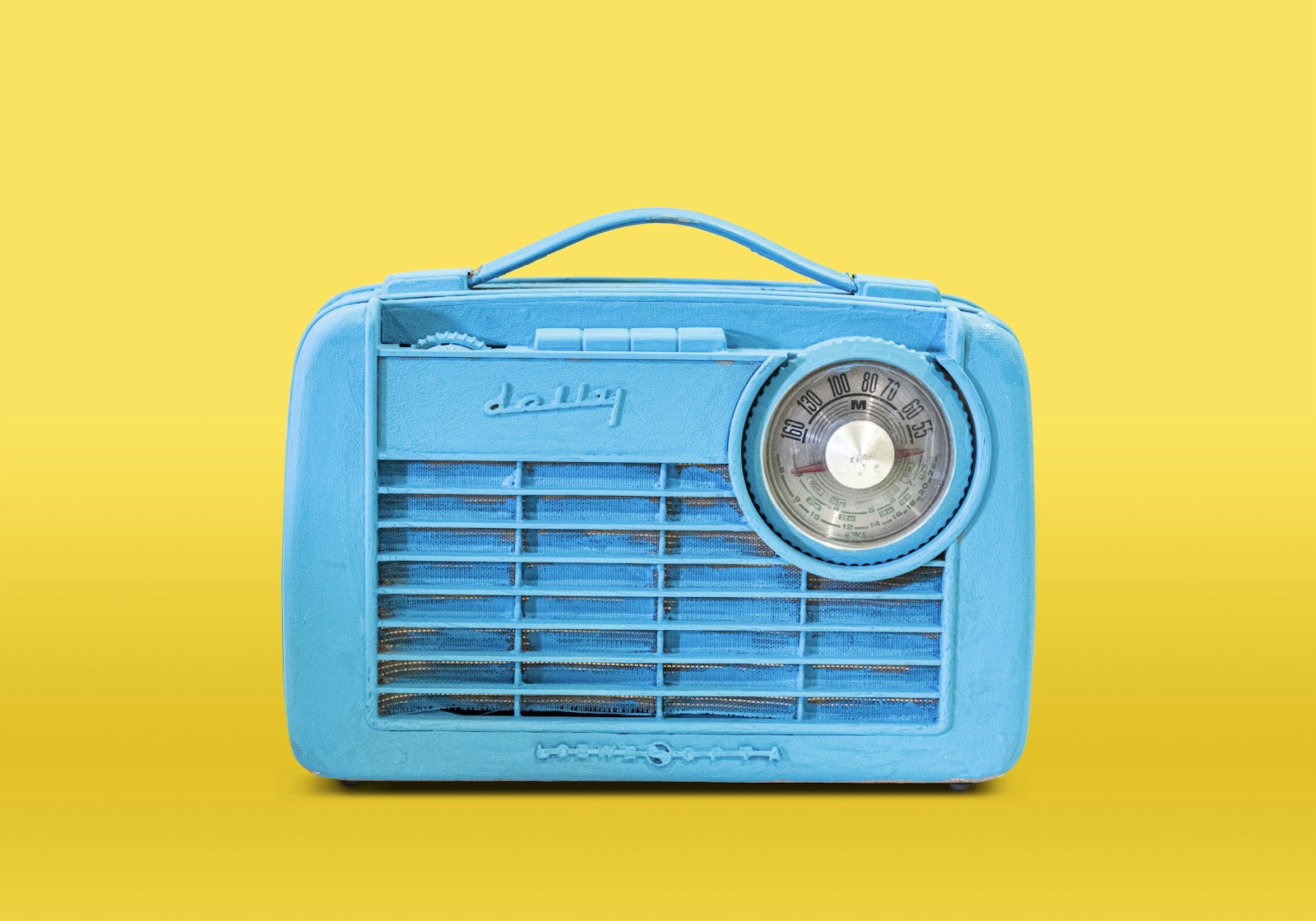
década

decade
The term 'década' in Spanish is directly used to represent a time period of ten years, much like 'decade' in English. It can be used in various contexts, for instance, to describe a specific decade in the 20th century, 'la década de los 80' (the 80's decade), or to indicate a person's age, 'ella está en su tercera década' (she is in her third decade). It is used both formally and informally.
Example sentences using: década
Una década tiene diez años.

A decade has ten years.
This sentence is a simple factual statement about the term 'década'; it translates directly to 'A decade has ten years.'
La próxima década será mejor.

The next decade will be better.
This simple future tense sentence expresses hope or prediction about the coming 'década' or decade.
La década de los 80 fue increíble.

The 80's decade was amazing.
Here, 'década' is used to refer to a past period of ten years. The structure 'la década de los 80' is an idiomatic way to refer to the decade of the 80s in Spanish.
Esta década está pasando muy rápido.

This decade is going by very fast.
In this phrase, 'década' is used to refer to the current period of ten years. The verb 'pasar' is commonly used in Spanish to express the passing of time.
Cada década tiene su moda.

Each decade has its fashion.
This sentence is a general statement about how fashion tends to change every 'década' or decade.
Estamos en una nueva década.

We are in a new decade.
This is a simple present tense statement that 'década' is the current decade.
Estudia una década de historia.

He studies a decade of history.
In this sentence, 'década' is used to express the period of time being studied by someone.
La década pasada fue dura.

The last decade was tough.
Here, 'década' refers to the previous period of ten years. The adjective 'dura' is used to describe that decade.
En una década, las cosas pueden cambiar mucho.

In a decade, things can change a lot.
This sentence expresses a general truth about the potential for change over a 'década' or decade.
Hace una década que vive aquí.

He has been living here for a decade.
This sentence is using the word 'década' to denote a period of time, in this case, ten years. The verb 'vivir' is conjugated in present tense even though it's talking about a period of time that started in the past, which is common in Spanish when stating the length of time an action has been happening.